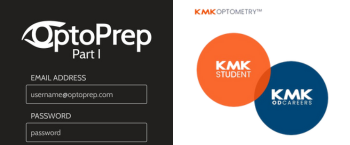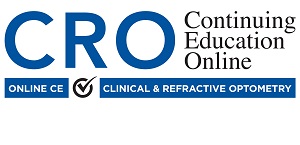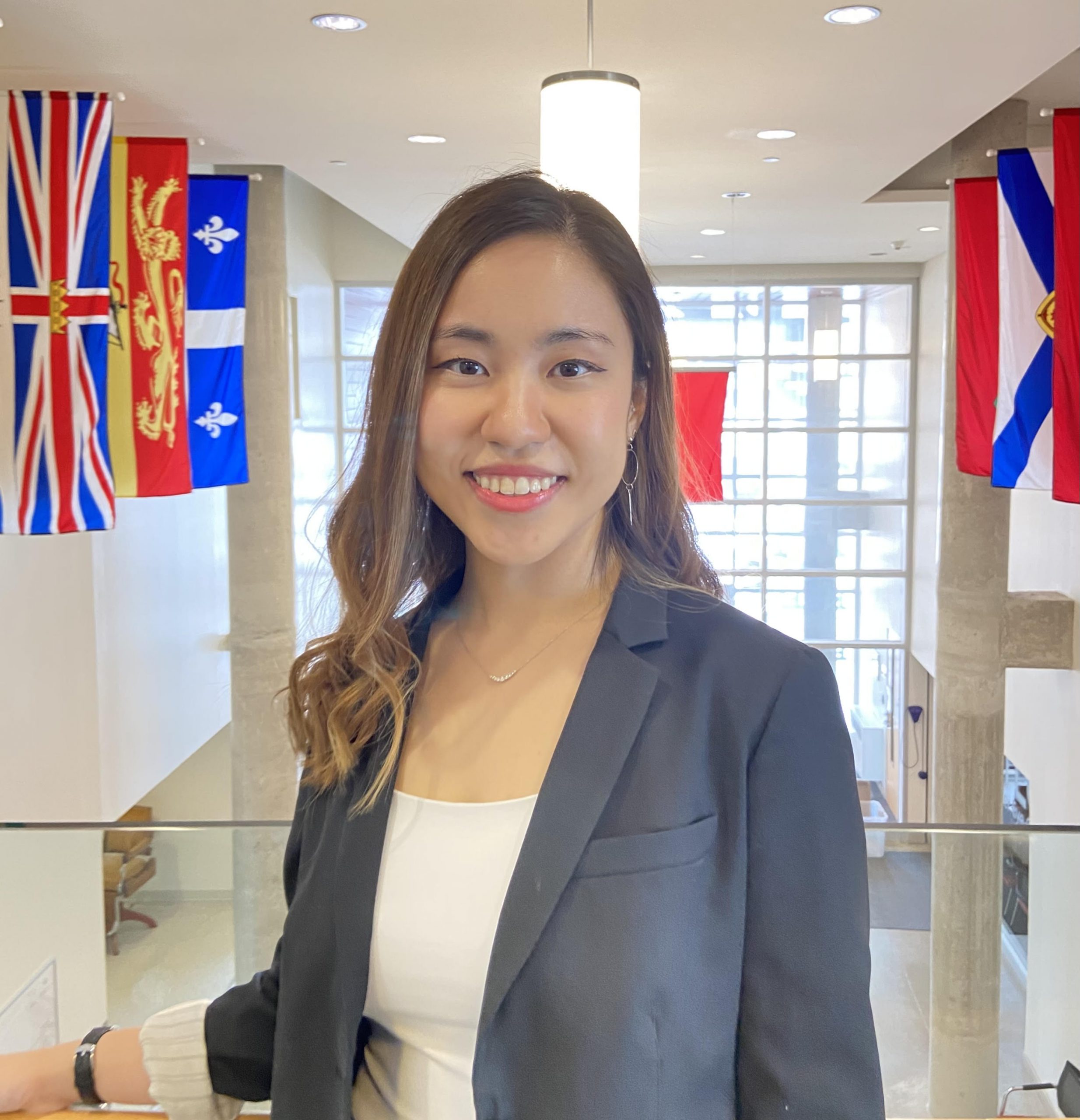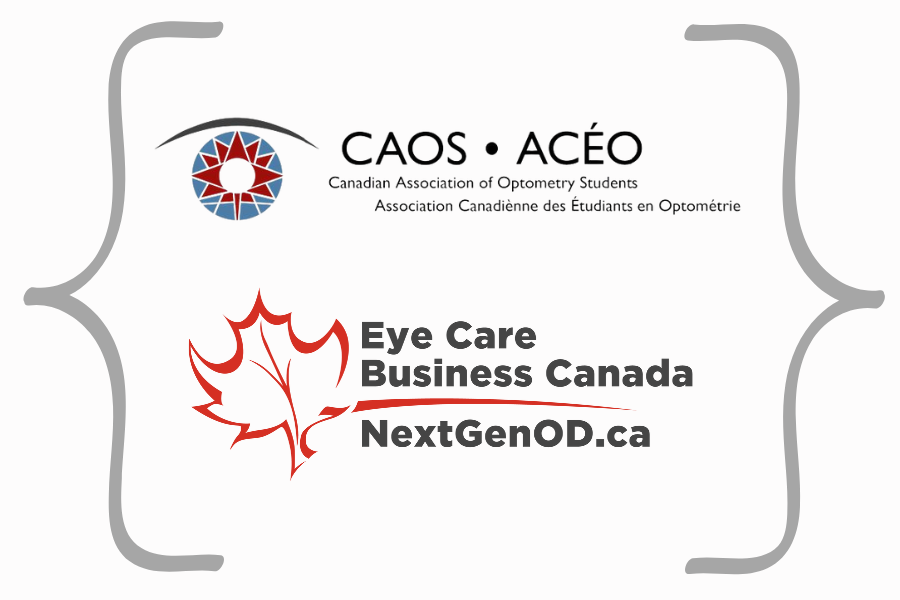
EyeCare Business Canada Unveils NextGEN OD Podcast with Eye Recommend as Exclusive Sponsor
EyeCare Business Canada, a division of VuePoint IDS, is thrilled to introduce the NextGEN OD Canada Podcast, a brand-new series tailored specifically for young optometrists and Canadian optometry students, both domestically and internationally. Set to premiere in late September 2024, the podcast will be co-hosted by two esteemed young professionals in Canadian optometry, Drs. Amrit Bilkhu and Alexa Hecht.
This dynamic podcast will cover a wide array of topics vital to optometry students, ranging from career development and job market trends to board exam preparation. Episode themes will be shaped by a recent survey of Canadian optometry students, ensuring the content is relevant and impactful.
With monthly episodes, the podcast will feature guest appearances from leading experts and thought leaders, offering invaluable advice and perspectives to help guide the next generation of Canadian optometrists.
“We’re excited to create a space for optometry students to explore future career opportunities and gain practical insights,” said Dr. Amrit Bilkhu, co-host of the podcast. “Our aim is to support students as they transition from academic life to successful optometry careers.”
Dr. Alexa Hecht echoed these thoughts, adding, “We want to provide students with the tools and information they need to excel—whether that’s exam preparation or finding the perfect career match. We look forward to connecting students with essential resources.”
The NextGEN OD Canada Podcast is exclusively sponsored by Eye Recommend, a prominent network supporting independent optometry clinics throughout Canada. Eye Recommend equips independent optometrists with the technology, resources, and services they need to thrive in today’s competitive landscape.
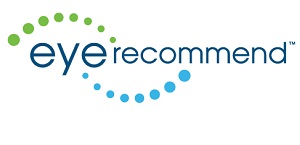 Lee Raffey, CEO of Eye Recommend, shared, “We’re proud to sponsor a podcast focused on the development and success of future optometrists. Eye Recommend is dedicated to the growth of independent optometry, and this podcast is an excellent opportunity to invest in the next generation.”
Lee Raffey, CEO of Eye Recommend, shared, “We’re proud to sponsor a podcast focused on the development and success of future optometrists. Eye Recommend is dedicated to the growth of independent optometry, and this podcast is an excellent opportunity to invest in the next generation.”
David Pietrobon, Publisher of EyeCare Business Canada, commented, “The NextGEN OD Canada Podcast provides an exciting and engaging platform to inspire and educate Canadian optometry students. We’re grateful for Eye Recommend’s sponsorship, which aligns with our shared mission to support young optometrists from the outset of their careers.”
The podcast will be accessible on all major podcast platforms, including Apple Podcasts, Blurberry, Spotify, and Google Podcasts. Additionally, each episode and its summary will be available on the NextGEN OD website and featured in both the NextGEN and OptikXTRA e-newsletters, ensuring seamless access for students and professionals alike.
With insightful content and subject-matter expert guest speakers, the NextGEN OD Canada Podcast promises to be a must-listen for students preparing to embark on their careers in optometry. Don’t miss the debut episode, launching later this month.












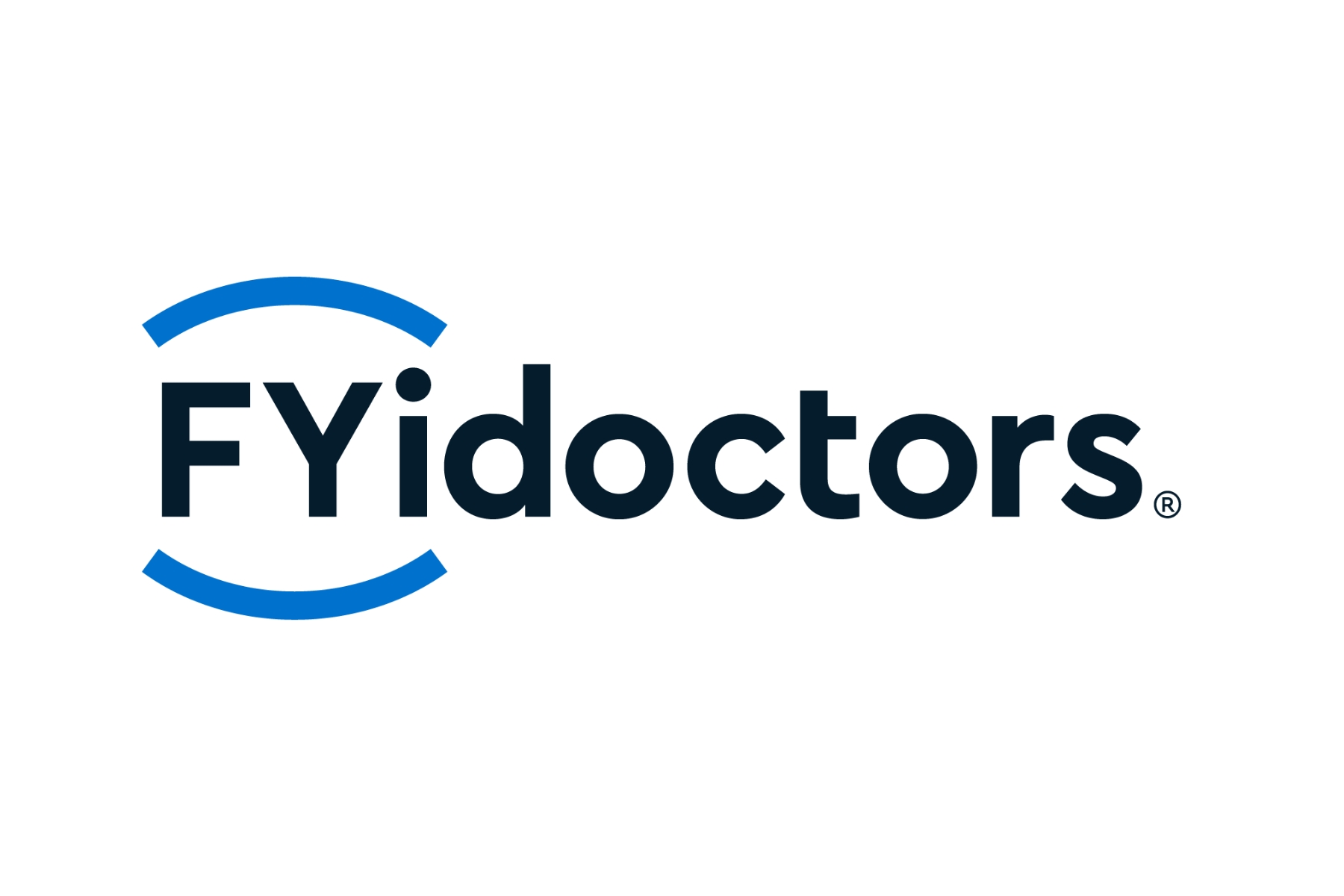
 “Participating in the summer student program at FYidoctors was an amazing hands-on and inspiring experience. I appreciated the flexibility to choose whether I wanted to work at the reception or the dispensary, allowing me to tailor the program to my interests and refine any skills that I wanted to improve. Guest speakers, including experienced doctors with special interests, provided us with insightful presentations each week that broadened and deepened my understanding of the field. This program truly offered a customizable and enriching experience that has left me more excited for my future career.”
“Participating in the summer student program at FYidoctors was an amazing hands-on and inspiring experience. I appreciated the flexibility to choose whether I wanted to work at the reception or the dispensary, allowing me to tailor the program to my interests and refine any skills that I wanted to improve. Guest speakers, including experienced doctors with special interests, provided us with insightful presentations each week that broadened and deepened my understanding of the field. This program truly offered a customizable and enriching experience that has left me more excited for my future career.” 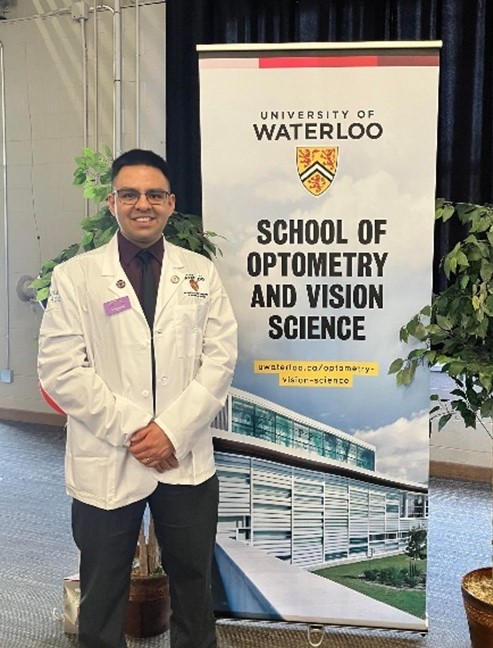
 “The FYidoctors Summer Student Program gave me the opportunity to enhance my clinical skills, particularly with patient communication and the use of diagnostic tools like the OCT and Humphrey Visual Field. It was valuable to shadow ODs during complex eye exams as well as having the opportunity to practice the skills I had learned in school like retinoscopy and refraction. The discussions I had with the seasoned professionals at a rural clinic not only boosted my confidence in my skills but also deepened my understanding of the importance of trust in the patient-doctor relationship. The advice and mentoring I received this summer led to an invaluable learning experience.”
“The FYidoctors Summer Student Program gave me the opportunity to enhance my clinical skills, particularly with patient communication and the use of diagnostic tools like the OCT and Humphrey Visual Field. It was valuable to shadow ODs during complex eye exams as well as having the opportunity to practice the skills I had learned in school like retinoscopy and refraction. The discussions I had with the seasoned professionals at a rural clinic not only boosted my confidence in my skills but also deepened my understanding of the importance of trust in the patient-doctor relationship. The advice and mentoring I received this summer led to an invaluable learning experience.”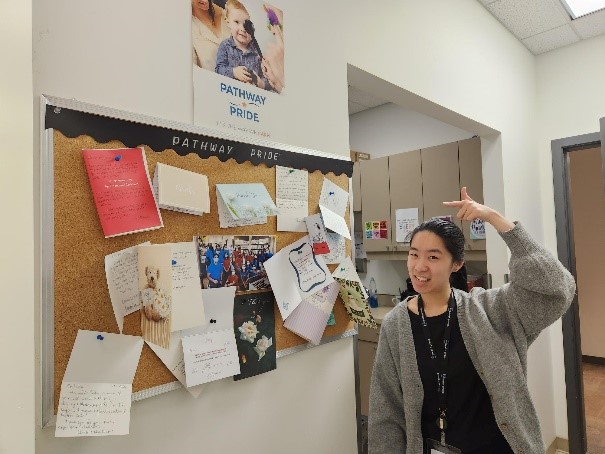 “I had an amazing experience participating in the FYidoctors Summer Student Program after my first year of optometry school. It was a fantastic opportunity to work in a clinic, observe the patient pathway, and apply what I learned in school into what I was learning in clinic. Because there are many FYidoctors locations across Canada, I am fortunate to be able to work and provide care to patients within my community. I was also able to connect with optometrists in my clinic. During the program, I was able to work and shadow the doctors, opticians, pre-screen, and front desk staff. I was also able to meet and learn from other doctors and peers in the program through weekly lunch hour socials and presentations. It is a truly rewarding and enriching 3-month experience interacting with patients and learning more about optometry!”
“I had an amazing experience participating in the FYidoctors Summer Student Program after my first year of optometry school. It was a fantastic opportunity to work in a clinic, observe the patient pathway, and apply what I learned in school into what I was learning in clinic. Because there are many FYidoctors locations across Canada, I am fortunate to be able to work and provide care to patients within my community. I was also able to connect with optometrists in my clinic. During the program, I was able to work and shadow the doctors, opticians, pre-screen, and front desk staff. I was also able to meet and learn from other doctors and peers in the program through weekly lunch hour socials and presentations. It is a truly rewarding and enriching 3-month experience interacting with patients and learning more about optometry!”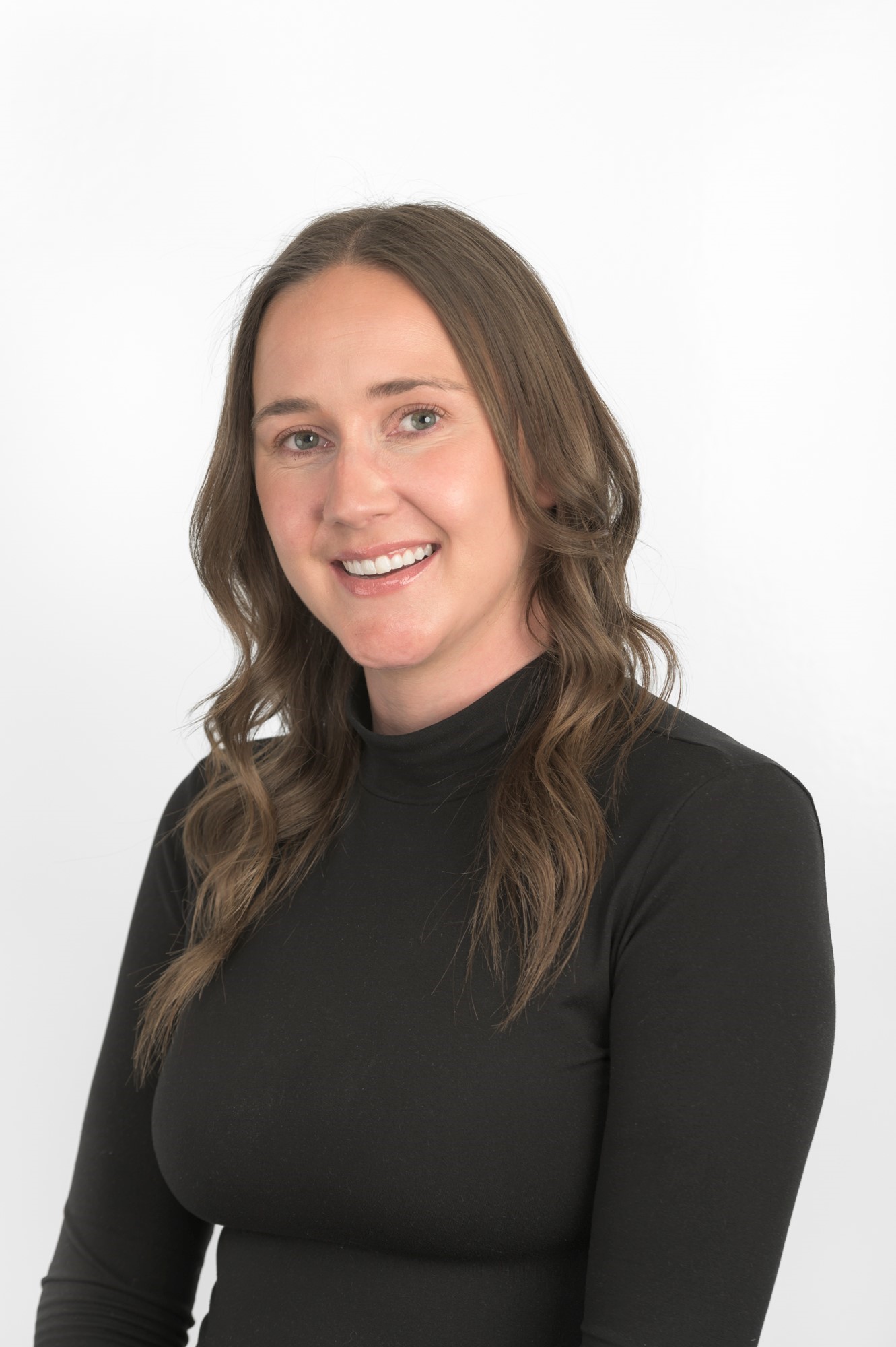

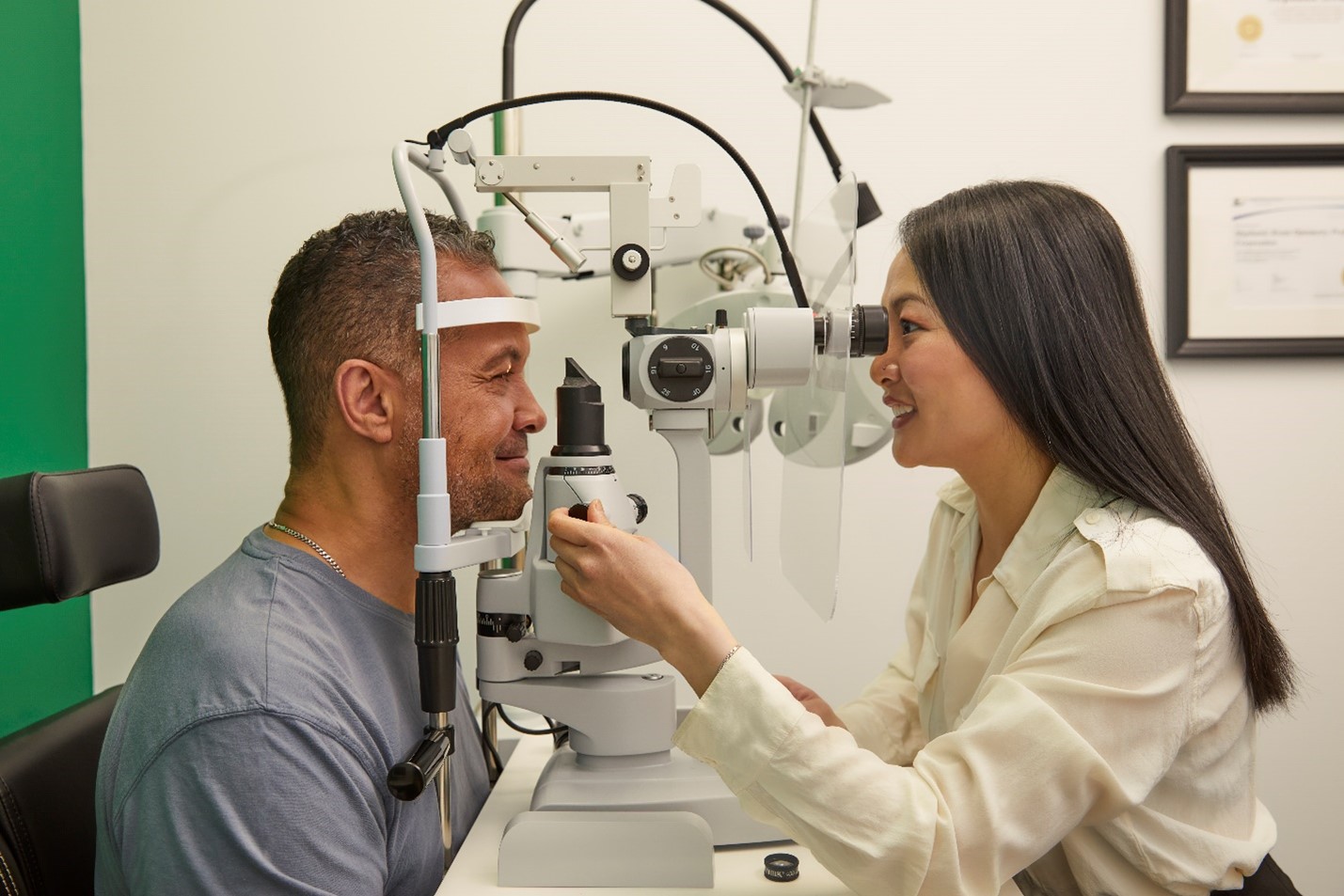
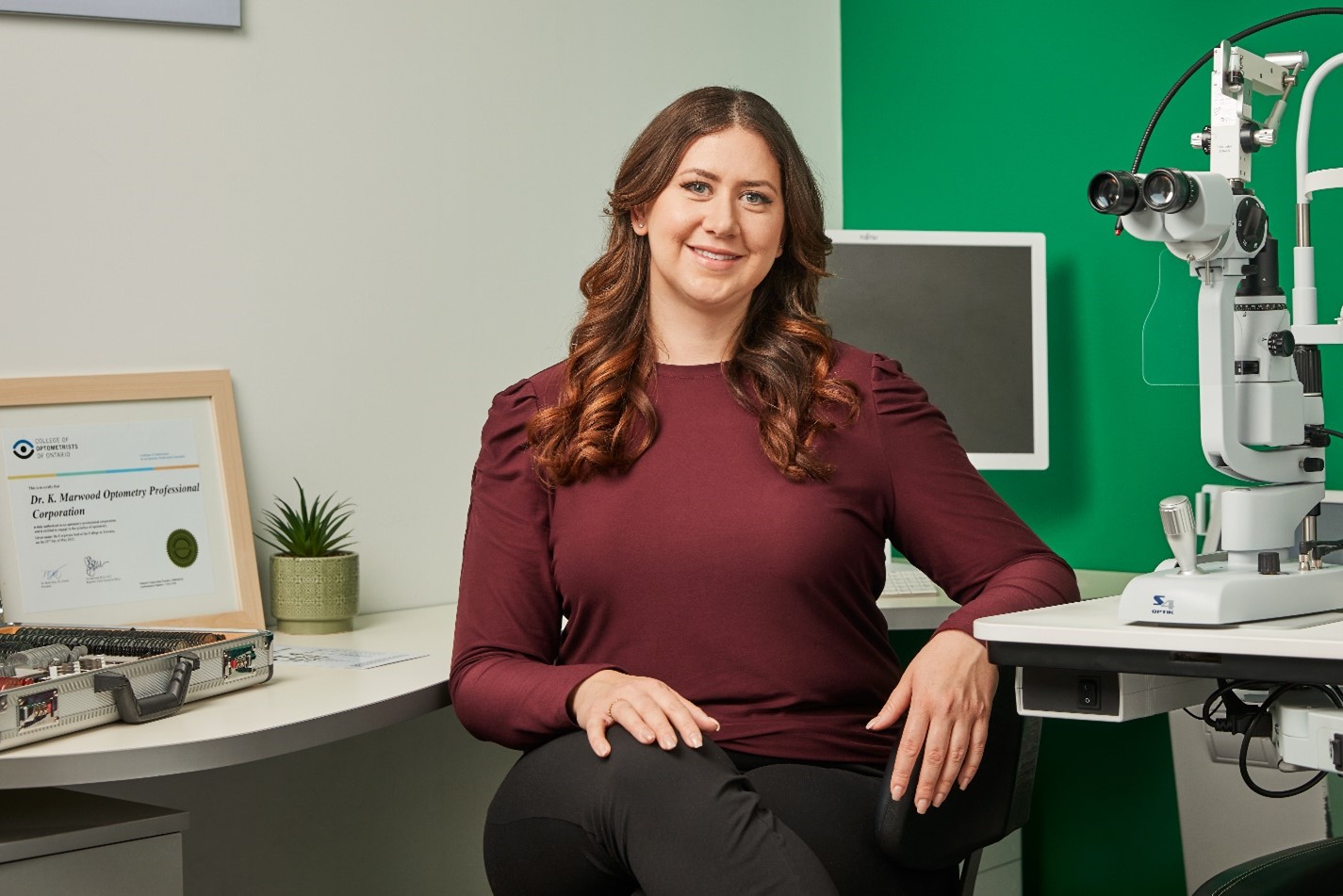

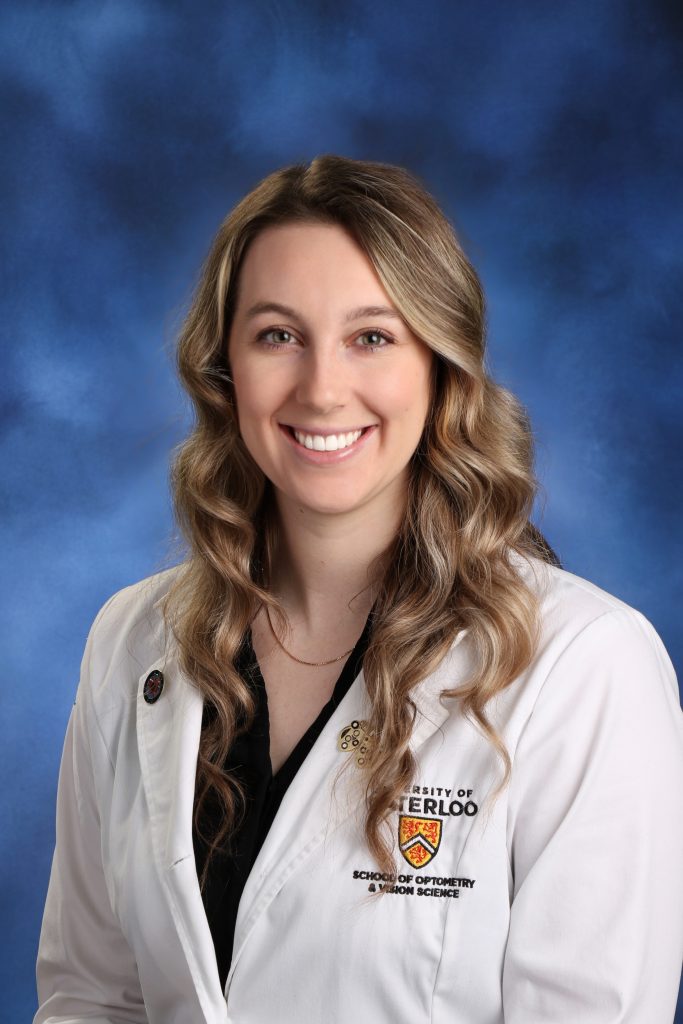


 This distinctive hybrid meeting format was orchestrated by Eye Care Business Canada, significantly enriched by the invaluable contributions of the
This distinctive hybrid meeting format was orchestrated by Eye Care Business Canada, significantly enriched by the invaluable contributions of the 







